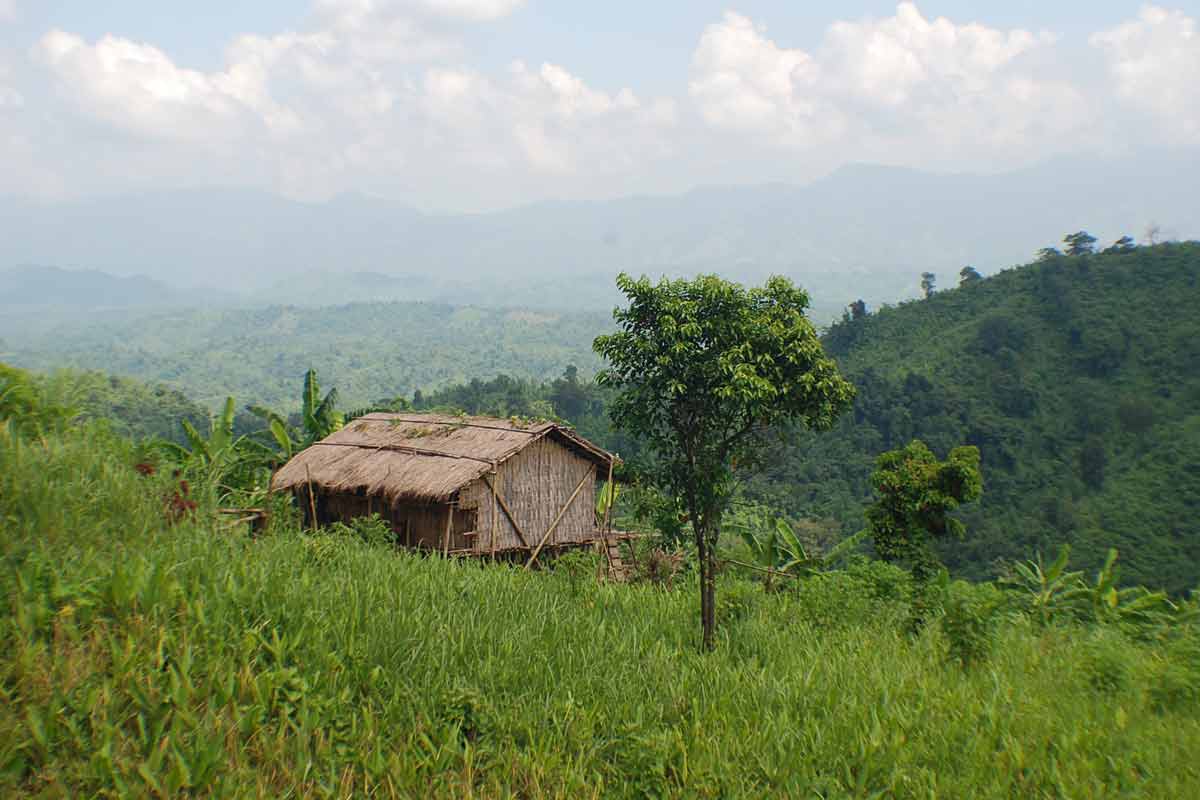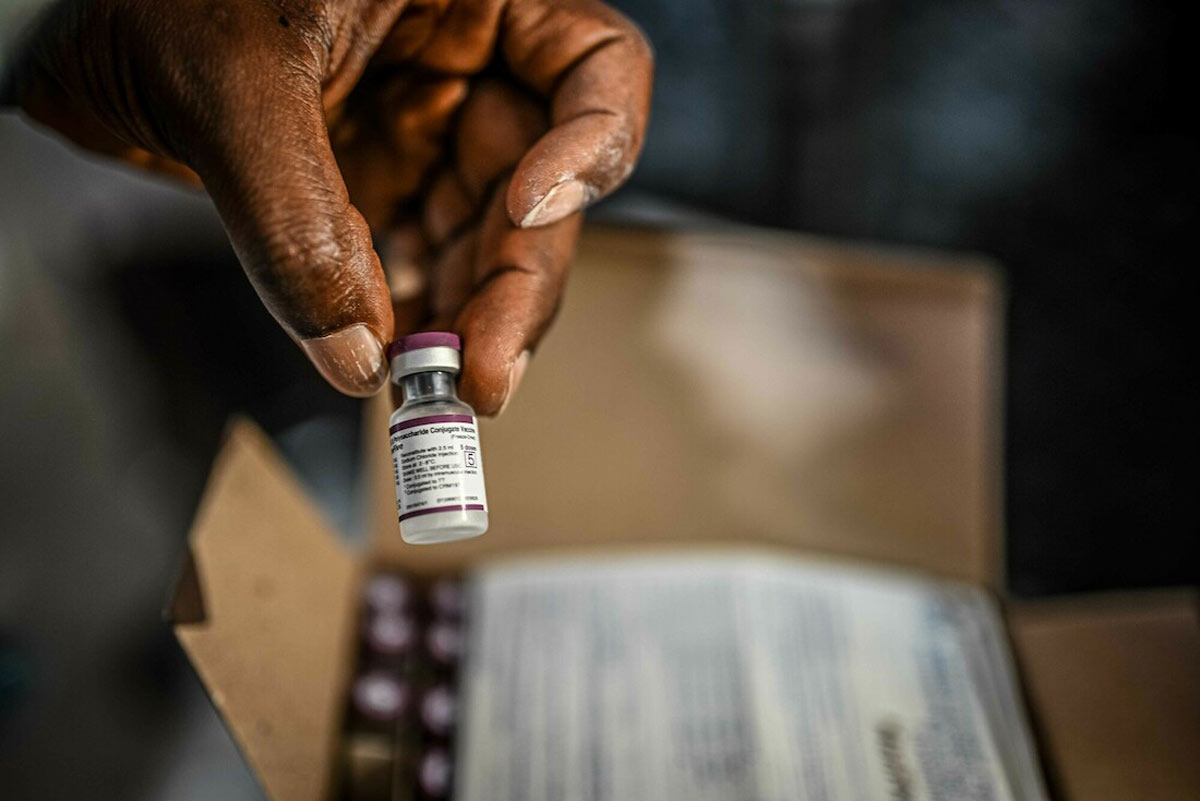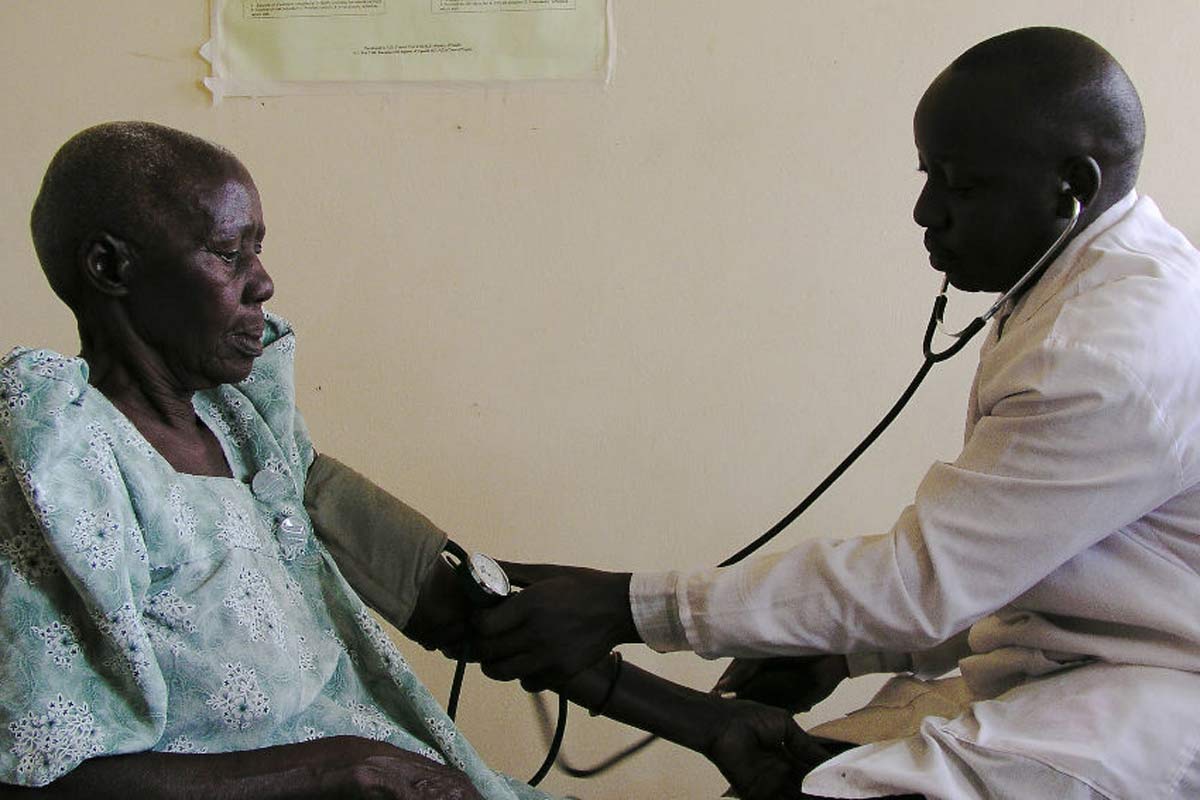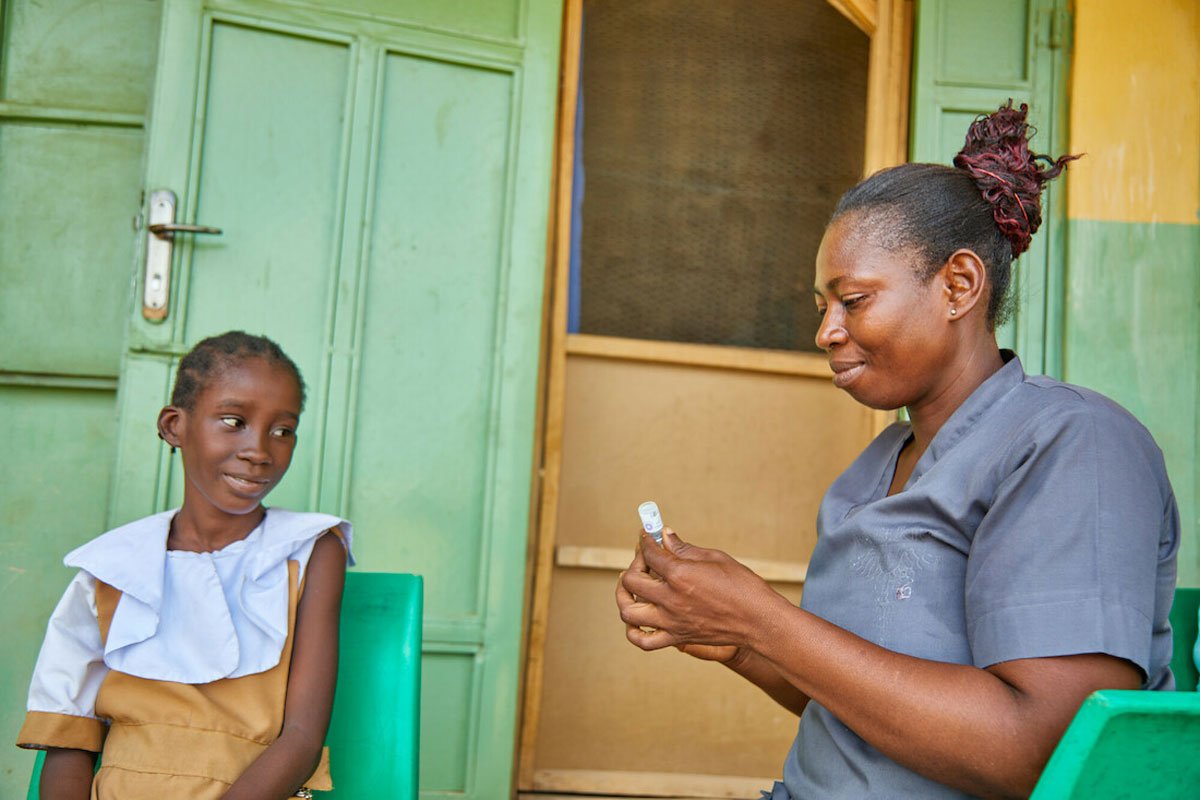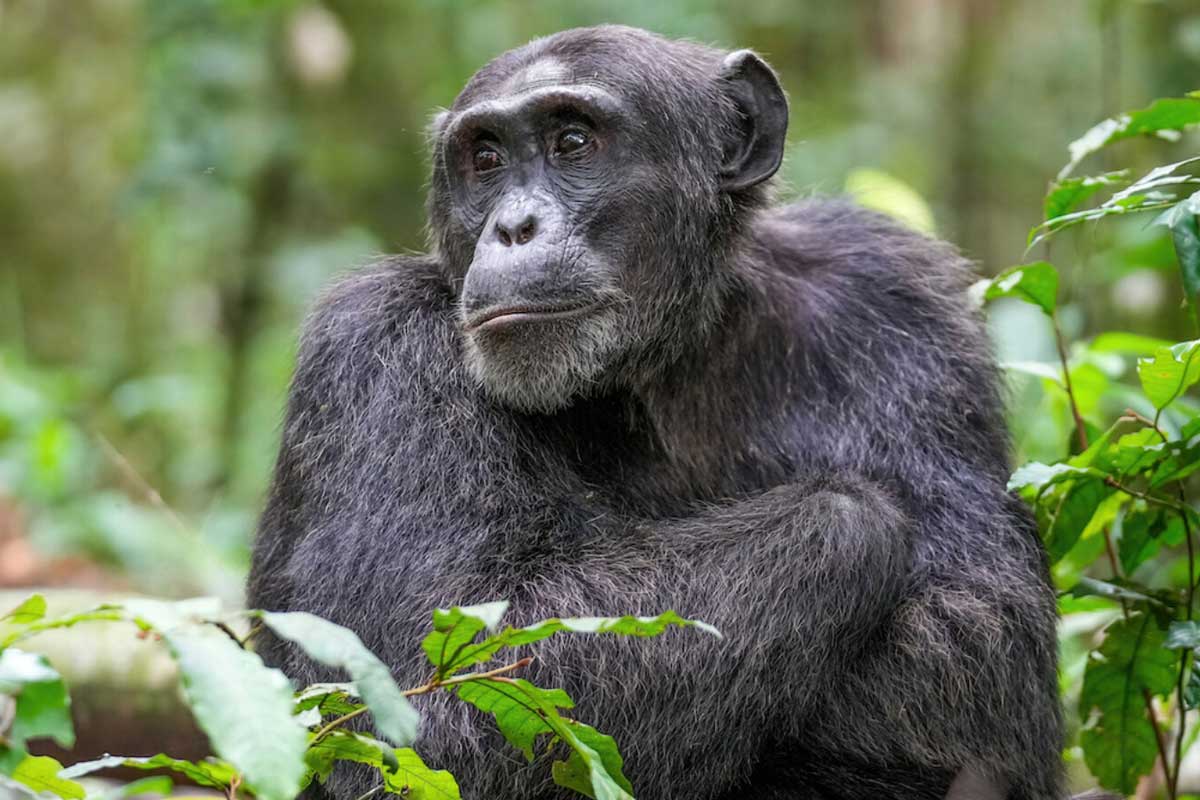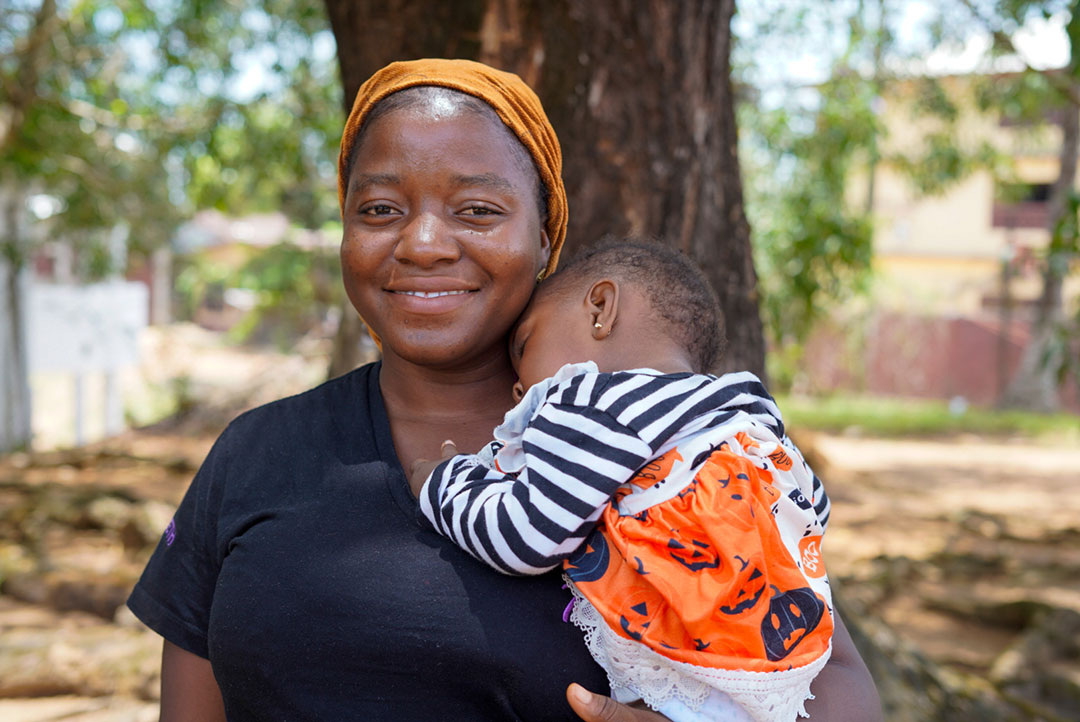Preventing cholera in Zambia
- 5 September 2018
- 4 min read
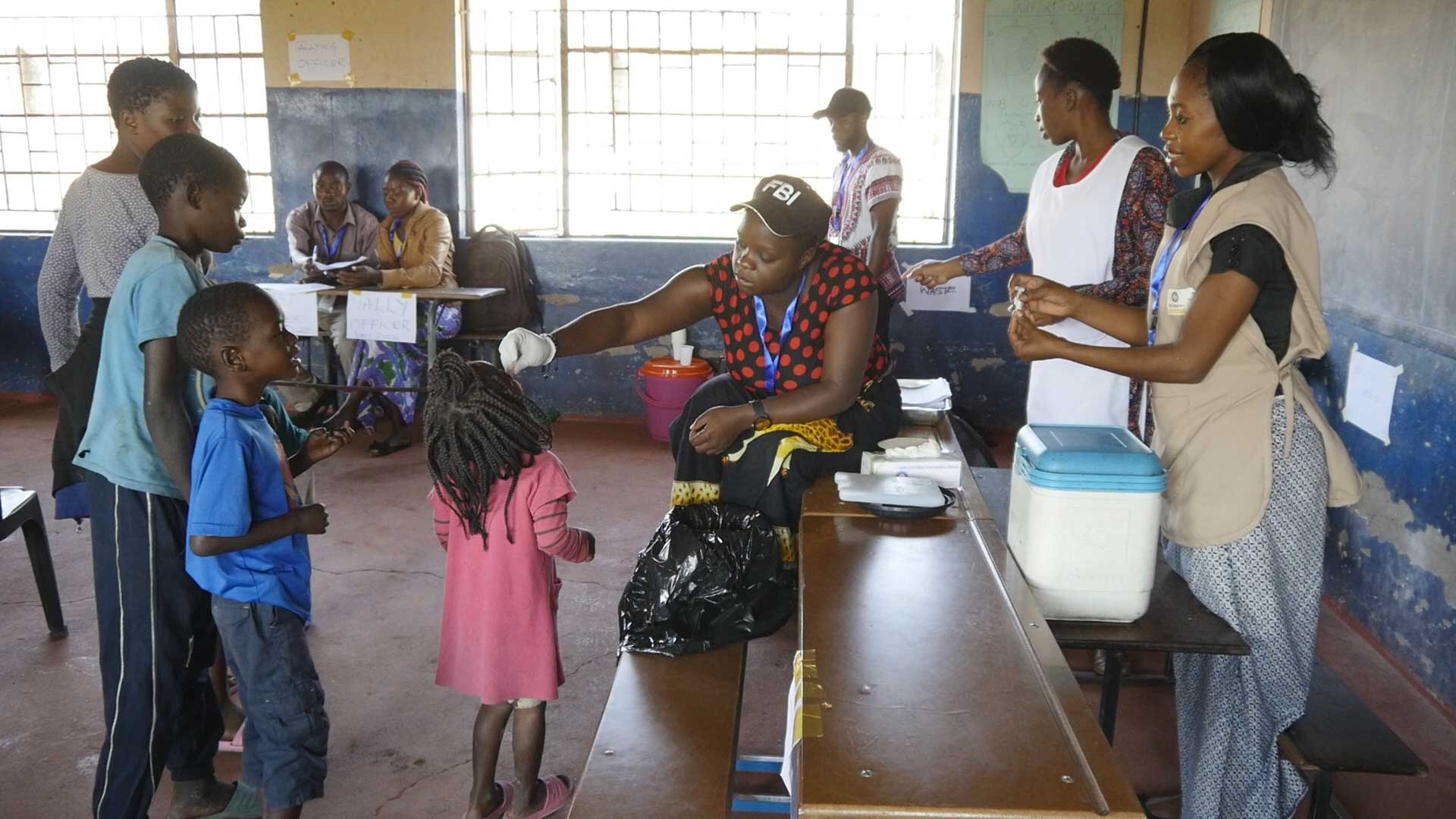
Reflecting on the complementary roles of water management and immunisation in preventing cholera epidemics that have afflicted Zambia for four decades.
Pamela Chisanga, WaterAid’s Country Director in Zambia
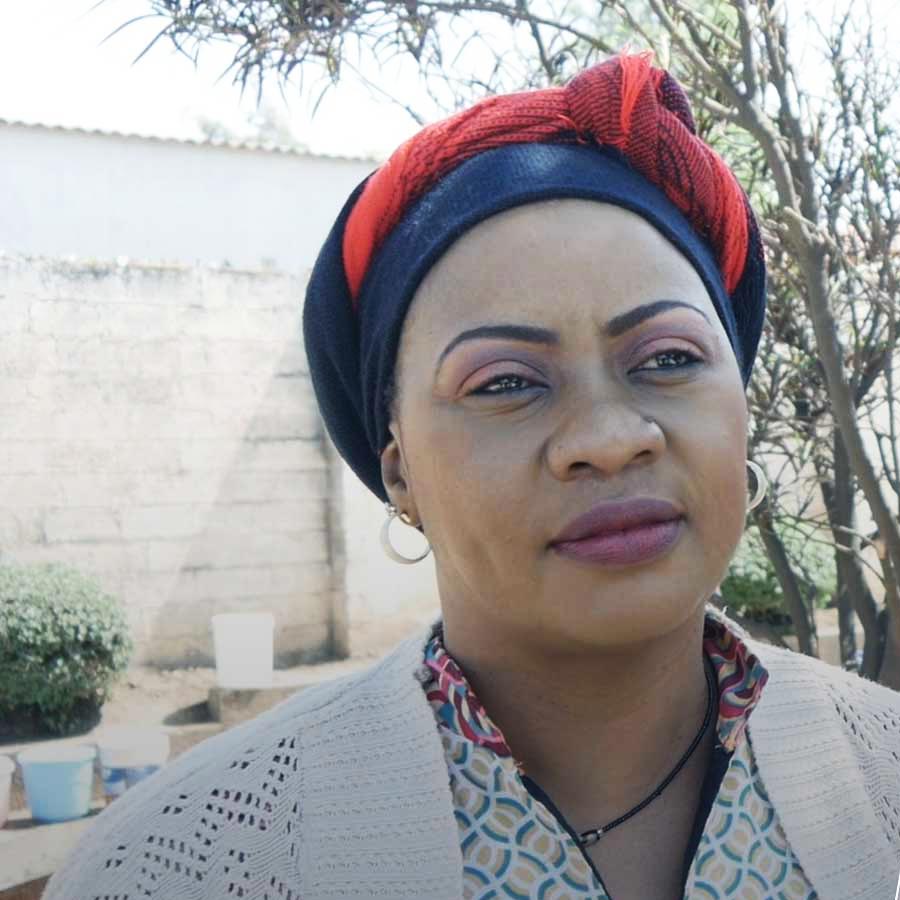
Dr. Francis Dien Mwansa, Zambian Government EPI manager
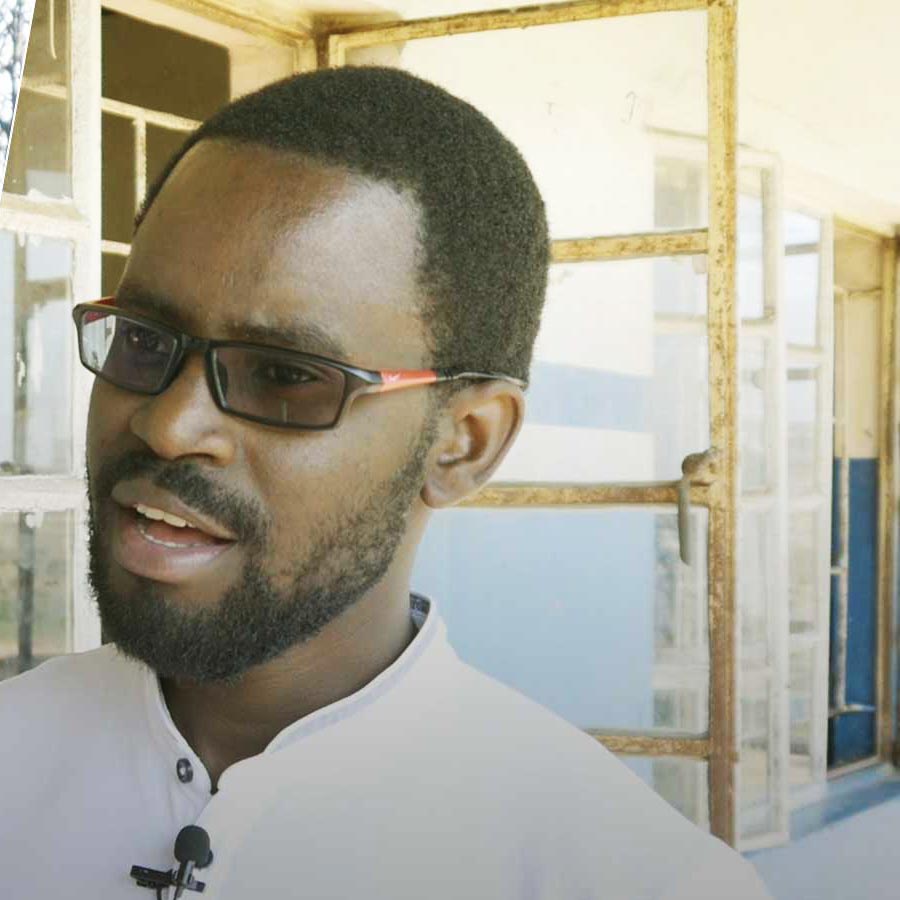
How serious is Zambia’s current cholera outbreak?
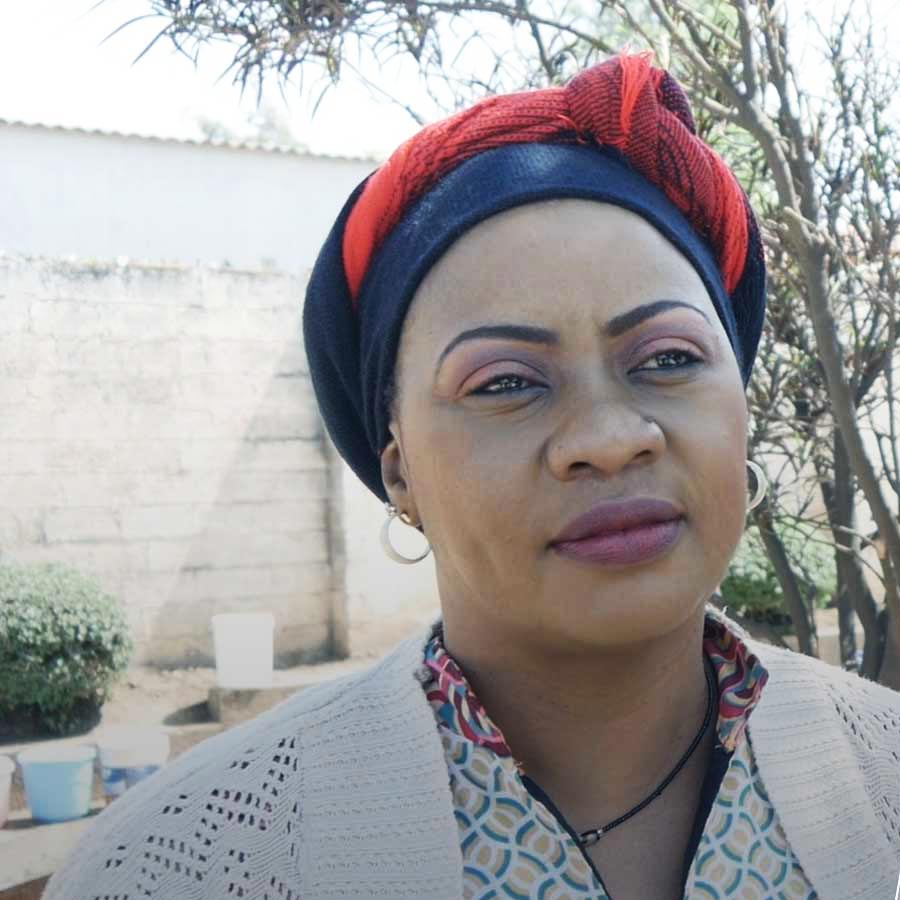
Zambia has had cholera epidemics every year for the past 35 years. If you look at the cost of these epidemics to this country, particularly this current outbreak, it’s astronomical.

Cholera and interventions to avert it are still ongoing. Since 6 October when the outbreak was officially declared, we have had over 5,700 people affected and registered over 120 deaths. Even in the last 24 hours, we’ve reported 11 new cases.
What are you doing to stop the outbreak?

Our key focus at the moment is hygiene sensitisation, so communities can use clean drinking water in a manner that does not keep on transmitting cholera. We are working with the government to train teachers and healthcare staff to sensitise communities on best hygiene practices. For us, that is the starting point.

Among other interventions like water, waste management and food hygiene, vaccination comes in, principally, to curtail the outbreak, to cut it short – and also to provide some medium-term immunity to as many people as possible in the affected areas.
How will the current campaign stop future outbreaks?

If you look at where this outbreak has occurred, these are informal settlements that are badly planned. Getting services to these areas will always be difficult. We can’t continue addressing cholera year in and year out. We need to look at long-term measures so we can provide space in these communities for infrastructure such as sanitation, sewage lines and piped water.

Oral cholera vaccination gives the government and its partners some breathing space to put into place long-term preventive measures: clean and safe water, sanitation, waste management systems, and the improvement of hygiene and food handling practices.
What kind of challenges are you facing in local communities?

The Kanyama slum in Lusaka has a population of over 134,000 people squeezed into a very small area. There is little space for sanitation with maybe 15 households sharing one latrine. In the rainy season, Kanyama’s high water table means the latrines are always full up. At the moment, we have over 10,000 latrines that need to be cleared. We also need equipment to be able to manually de-slug the toilet -- that’s a huge challenge at the moment.

Communication is our biggest challenge. A good number of people think cholera is almost gone and they don’t need the vaccine. Those that received the first dose probably didn’t get the message that there’s a limit after which the vaccine won’t give you protection - until you get the second dose. This information hasn’t reached enough people.
How are you addressing these challenges?

This cholera outbreak has occurred in some areas where infrastructure failed, and we have not been able to provide support to replace broken parts. I think that is something we need to get right if we are going to have everyone, everywhere achieve access to clean drinking water in Zambia. When infrastructure is put in place, communities must be well-equipped to manage it.

Normally in Zambia, campaigns take place at a designated place such as a health facility a school or a church. With few people voluntarily attending cholera vaccination sessions, we’re switched to going door-to-door, street-by-street. Most of our volunteers and staff are participating in this approach.
Why is Zambia presenting a cholera resolution to the 2018 World Health Assembly in Geneva?

We have to come up with a plan to be able to eliminate cholera once and for all. For that to happen, it needs to be prioritised in the same way that we have prioritised other diseases such as tuberculosis or malaria.

Sponsoring the cholera resolution at the WHA is a source of pride for our country. It underlines the Zambian Government’s commitment to resolving the current cholera outbreak. Whether through supporting vaccination, water safety or waste management, the Government has taken a huge stake in fighting cholera.
Biggest cholera vaccination campaign in history
With a wave of cholera outbreaks spreading across Africa in early 2018, Zambia is one of five countries participating in the biggest cholera vaccination campaign in history.
By mid-June, more than two million people in Malawi, Nigeria, South Sudan, Uganda and Zambia are scheduled to receive the recommended two doses of oral cholera vaccine (OCV).
The vaccines, funded by Gavi, are being drawn from the global cholera vaccine stockpile.
- Nigeria
1.2 million OCV doses will protect around 600,000 people to contain an emerging cholera outbreak in Bauchi state.
- Malawi
One million OCV doses will protect over 500,000 people in Lilongwe.
- Uganda
360,000 OCV doses have been shipped to Uganda to protect 360,000 people in Hoima District, Western Uganda.
- Zambia
667,100 OCV doses are being delivered as part of the second round of vaccination to the Lusaka slums after a major outbreak infected over 5700 people.
- South Sudan
113,800 OCV doses have been shipped as a preventative measure ahead of the war-torn country’s rainy season.
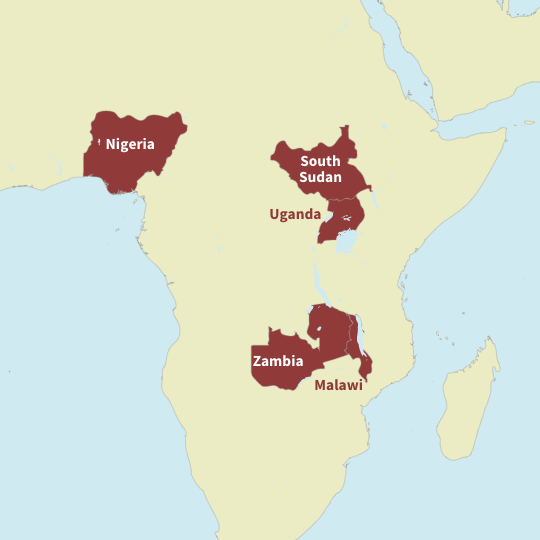
With a wave of cholera outbreaks spreading across Africa in early 2018, Zambia is one of five countries participating in the biggest cholera vaccination campaign in history.
By mid-June, more than two million people in Malawi, Nigeria, South Sudan, Uganda and Zambia are scheduled to receive the recommended two doses of oral cholera vaccine (OCV).
The vaccines, funded by Gavi, are being drawn from the global cholera vaccine stockpile.
- Nigeria
1.2 million OCV doses will protect around 600,000 people to contain an emerging cholera outbreak in Bauchi state.
- Malawi
One million OCV doses will protect over 500,000 people in Lilongwe.
- Uganda
360,000 OCV doses have been shipped to Uganda to protect 360,000 people in Hoima District, Western Uganda.
- Zambia
667,100 OCV doses are being delivered as part of the second round of vaccination to the Lusaka slums after a major outbreak infected over 5700 people.
- South Sudan
113,800 OCV doses have been shipped as a preventative measure ahead of the war-torn country’s rainy season.
